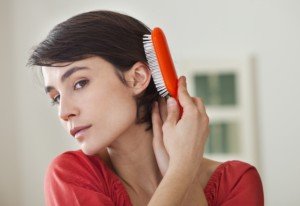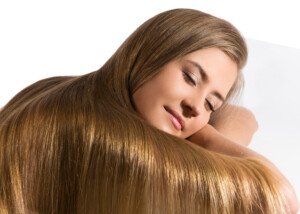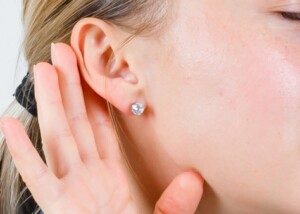
A medical doctor answers what may cause scalp tenderness above the ear.
Many people want to know what might cause tenderness or soreness, even pain, on or in their scalp above the ear.
“In terms of scalp tenderness, there are a range of diseases and conditions for which this could be a harbinger,” explains John Whyte, MD, board certified internist in Washington, DC, and author of “Is This Normal? The Essential Guide to Middle Age and Beyond.”
Dr. Whyte continues, “But the reality is that most of the time it is related to tension headaches.
“We think of herpes as a condition that primarily affects our mouth or genital areas, but herpes zoster actually can cause tenderness of the scalp.
“One of the most serious conditions which can cause scalp tenderness is temporal arteritis.
“This is a condition which results in swelling of certain arteries in the head, typically around the eyes, but can also affect the side of our heads.
“There are almost always other symptoms such as vision changes and jaw pain. This is a medical emergency and needs to be evaluated quickly.”
Don’t panic if you discover some tenderness on or in your scalp above an ear.
First ask yourself if you bumped your head in that location within the past few days.
There could be a bruise from skin trauma — the same kind of bruise that would appear on your thigh if you accidentally rammed your thigh into something sticking out; after a few days the skin is still tender to the touch.
Another possible, and very benign, cause of tenderness at the scalp above an ear is the result of aggressive hair brushing.

Shutterstock/Image Point Fr
You should try a softer brush. Brushes with natural bristles or wide-tooth combs are generally gentler on the scalp compared to those with stiff or plastic bristles.
When you’re brushing, be mindful of your technique. Use gentle strokes and avoid yanking or pulling hard on your hair.
If you hit a knot, try to gently work through it with your fingers before reaching for the brush.
This approach can prevent unnecessary strain on your scalp.
The hair has nothing to do with this pain or soreness.
It’s the bristles of the brush making aggressive contact with the skin of the scalp.










































